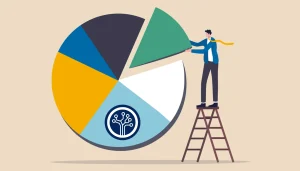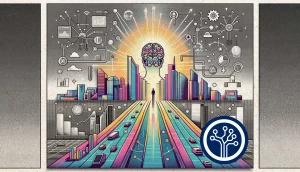The generational wealth gap is the difference in wealth between different generations. It is a growing problem in the United States, and it is having a significant impact on the lives of young people.
According to the Federal Reserve, the median wealth of households headed by someone aged 65 to 74 was $237,400 in 2016. The median wealth of households headed by someone aged 25 to 34 was just $17,150. That’s a gap of more than 13 times. The median wealth of baby boomers (born between 1946 and 1964) is 10 times greater than the median wealth of millennials (born between 1981 and 1996). The wealth gap between white families and black families is 10 times greater than it was in 1963.
The generational wealth gap is caused by a number of factors, including:
- Income inequality: The gap between the rich and the poor has been growing for decades. This means that older generations, who are more likely to be wealthy, are passing on more wealth to their children than younger generations.
- Homeownership: Home prices have been rising faster than wages for decades. This means that older generations, who are more likely to own homes, have seen their wealth grow faster than younger generations.
- Inheritance: Older generations are more likely to have inherited wealth from their parents. This gives them a head start in building wealth.
The generational wealth gap has a number of negative consequences, including:
- Reduced social mobility: The generational wealth gap makes it more difficult for young people to move up the economic ladder. This can lead to a more stratified society, with fewer opportunities for everyone.
- Reduced economic growth: The generational wealth gap can also reduce economic growth. When young people have less wealth, they are less likely to start businesses or invest in their communities. This can slow down the economy and make it harder for everyone to get ahead.
There are a number of things that can be done to close the generational wealth gap, including:
- Increased access to education: Education is one of the best ways for young people to improve their economic prospects. We need to make sure that all young people have access to high-quality education, regardless of their background.
- Increased access to affordable housing: Homeownership is a major source of wealth for many families. We need to make it easier for young people to afford homes, either by building more affordable housing or by providing down payment assistance.
- Increased access to financial assistance: We need to make it easier for young people to get financial assistance, such as student loans and grants. This will help them to pay for college and other expenses.
The generational wealth gap is a complex problem with no easy solutions. However, by taking steps to make it easier for young people to save and invest, we can help to close the gap and create a more equitable society.



